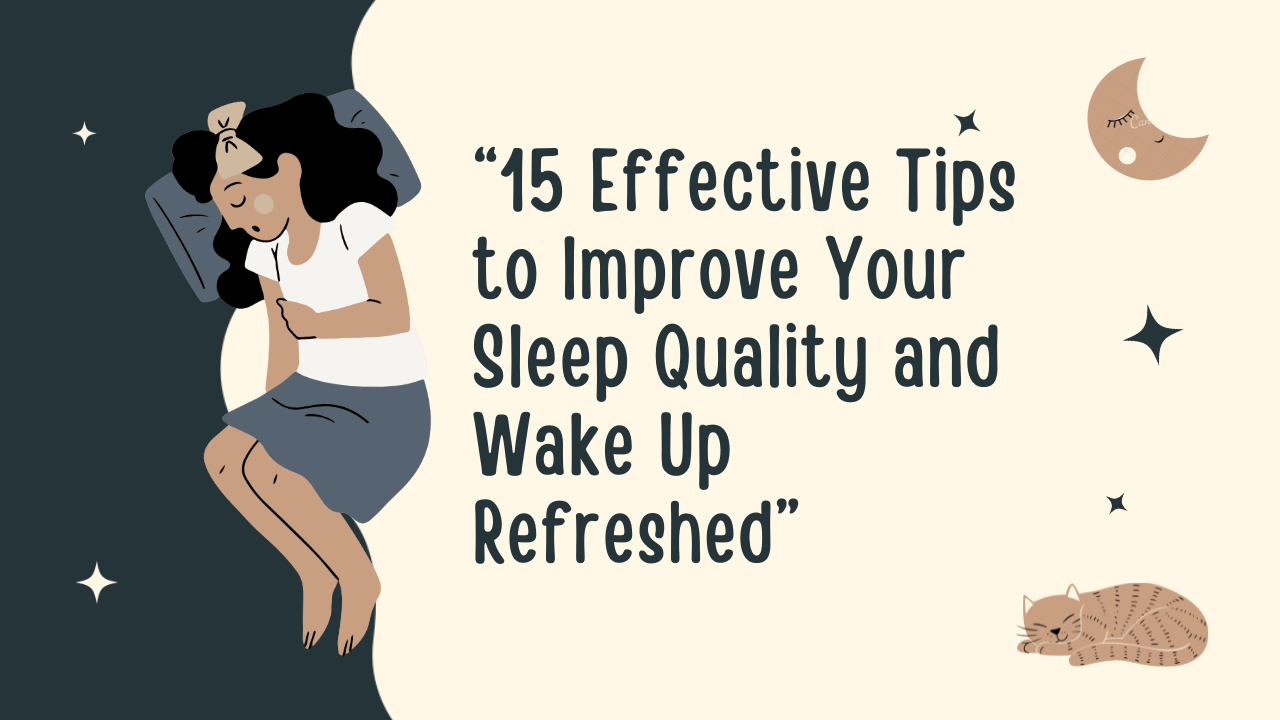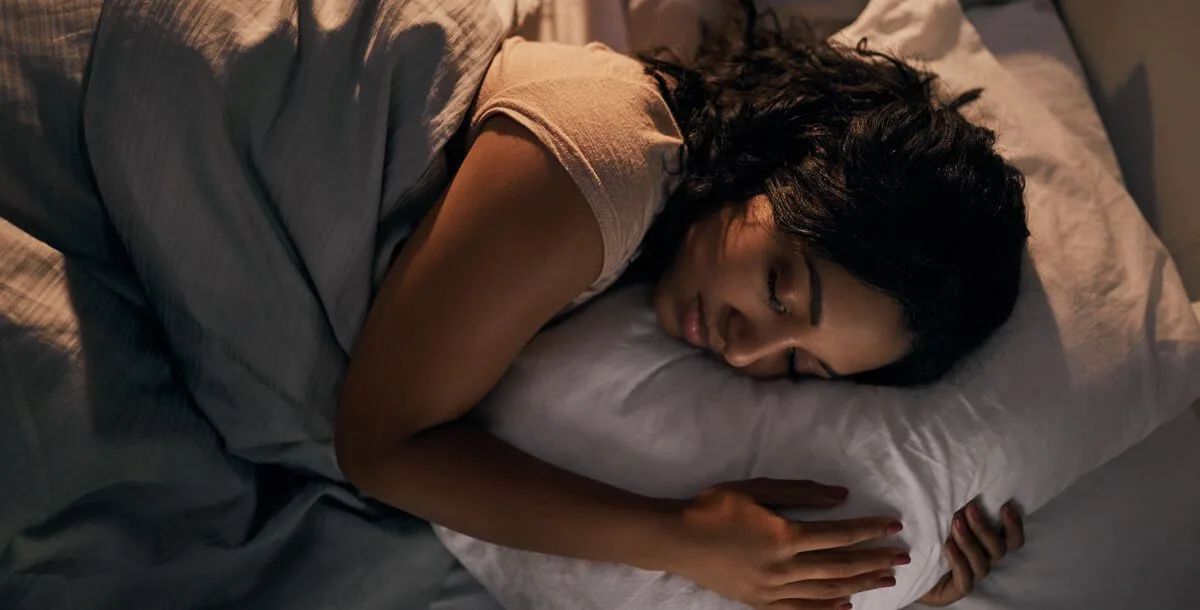If you want to keep your children away from depression, then motivate them for sports and physical activity: Research


If you want to keep children away from depression, then motivate them for sports or physical activity. Researchers from the University of Montreal have made this claim in their recent research. Researchers say that boys who remain physically active in adolescence are less likely to have an emotional week.
3 big things of research
-One Researcher of the University of Montreal says, during the research, they saw that the effect of physical activity of children on mental health. For this, we researched boys and girls aged 5 to 12 years. These children were born between 1997 and 1998.
Know the healing power of meditation
-The children were asked questions and answers about the physical activity of these children and the parents were also questioned. Research has revealed that children who did not take part in sports activities at the age of 5 feel themselves tired. They shouted a lot and looked frightened.
-The research report says that cases of depression and anxiety were seen more in those children who were not physically active, even at the age of 12 years. At the same time, no major changes were seen in girls.
Many things affect children
The researcher says, our goal was to show that the condition of children’s early age affects them. How much they get angry, how educated the parents are and the income of the family also affects them.
Even before going to school, boys who do light physical activity develop the ability to work with a team, control themselves and build good relationships with others.
Difference between depression and restlessness in boys and girls
Researchers say there is a difference between depression and anxiety in boys and girls. Because of depression and restlessness in boys, they isolate themselves from society and their energy level decreases rapidly. It arouses negative feelings in them.
Air pollution adversely affect the mental health of children
When there is depression and restlessness in girls, they take help from a close friend. Share things with them. So the situation doesn’t change that much. Apart from this, girls can control their emotions better than boys. This feature protects them from breaking down internally.





Comments are closed.